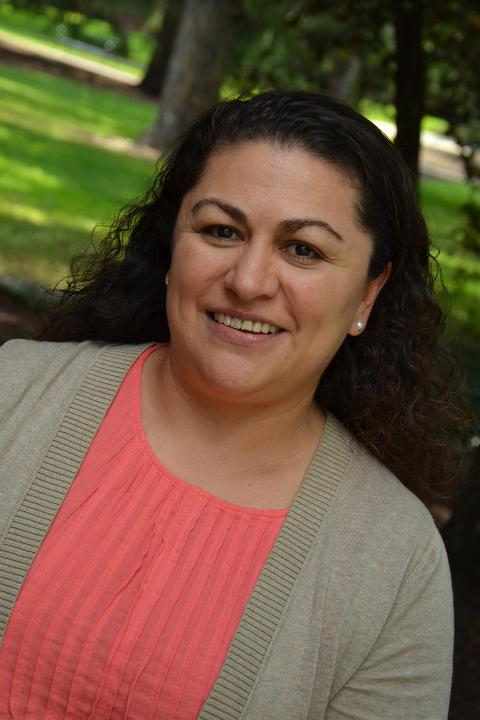Promoting Curriculum of Orgullo: Latinx’s Children’s Books and Testimonio
Abstract
Calderon-Berumen, F., & O'Donald, K. (2019). Promoting Curriculum of Orgullo: Latinx’s Children’s Books and Testimonio. Association of Mexican American Educators Journal, 13(1), 124-141.
As educators that are committed to democratic liberatory education for all, we are called to create spaces and places where we can cultivate and curate experiences that can provide avenues for students to develop self-awareness and agency. These dialogical spaces and places will problematize and question students’ knowledge and understanding leading them to articulate perspectives inhibited by hidden curriculum that hinders them from developing and actualizing a sense of self and purpose. This essay provides an example of decolonizing curriculum through children’s literature to support students in exploring, analyzing, and creating testimonies as a way to problematize their understandings and experiences with marginalized communities. Testimonio, embodied in the aesthetics of children’s literature, provides a pivotal pedagogical tool that allows students to critically reflect on systematic oppression, social inequalities, and hegemonic practices. Framed within a curriculum of orgullo (Calderon-Berumen & O’Donald, 2017), the testimonies embedded in children’s literature scaffolds the process of reading, producing, and analyzing students’ personal narratives.
Abstract
Calderon-Berumen, F., & O'Donald, K. (2019). Promoting Curriculum of Orgullo: Latinx’s Children’s Books and Testimonio. Association of Mexican American Educators Journal, 13(1), 124-141.
As educators that are committed to democratic liberatory education for all, we are called to create spaces and places where we can cultivate and curate experiences that can provide avenues for students to develop self-awareness and agency. These dialogical spaces and places will problematize and question students’ knowledge and understanding leading them to articulate perspectives inhibited by hidden curriculum that hinders them from developing and actualizing a sense of self and purpose. This essay provides an example of decolonizing curriculum through children’s literature to support students in exploring, analyzing, and creating testimonies as a way to problematize their understandings and experiences with marginalized communities. Testimonio, embodied in the aesthetics of children’s literature, provides a pivotal pedagogical tool that allows students to critically reflect on systematic oppression, social inequalities, and hegemonic practices. Framed within a curriculum of orgullo (Calderon-Berumen & O’Donald, 2017), the testimonies embedded in children’s literature scaffolds the process of reading, producing, and analyzing students’ personal narratives.
